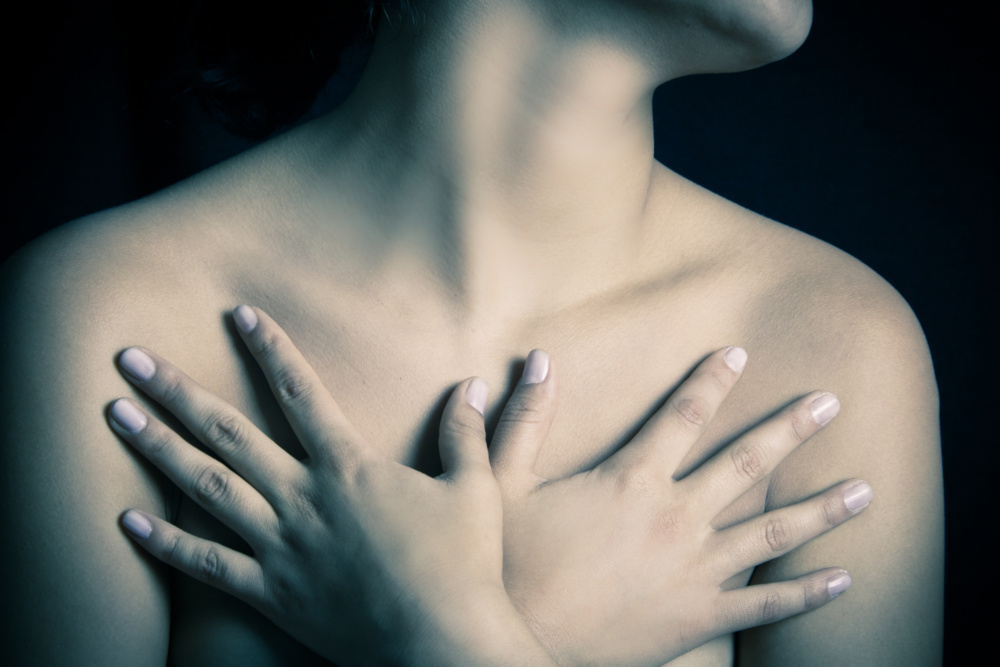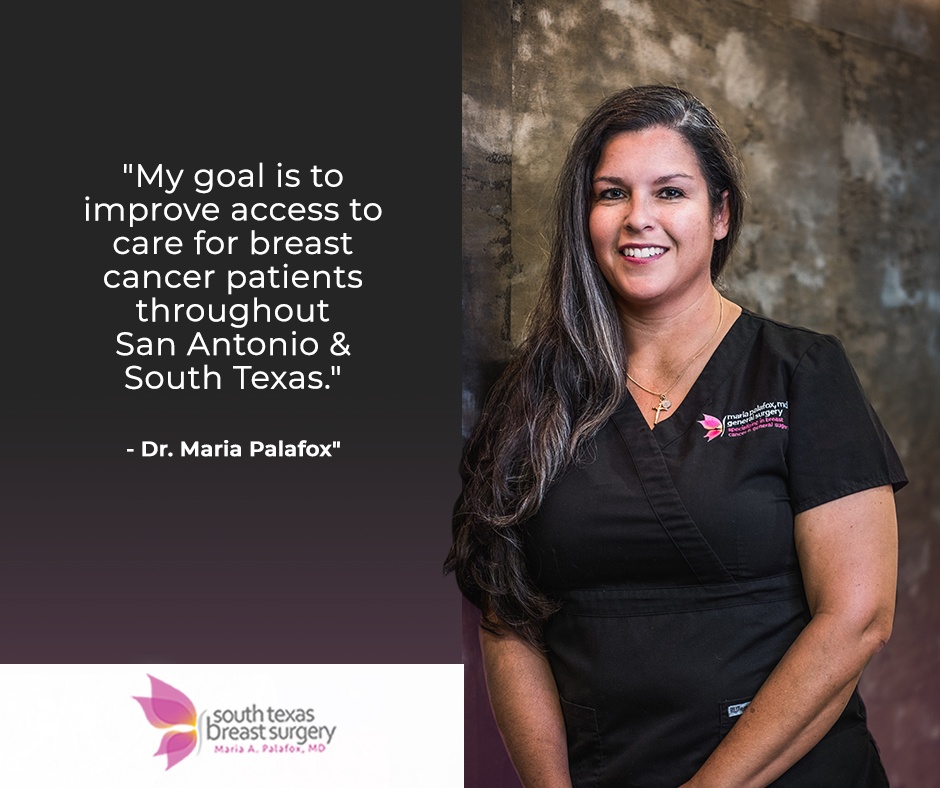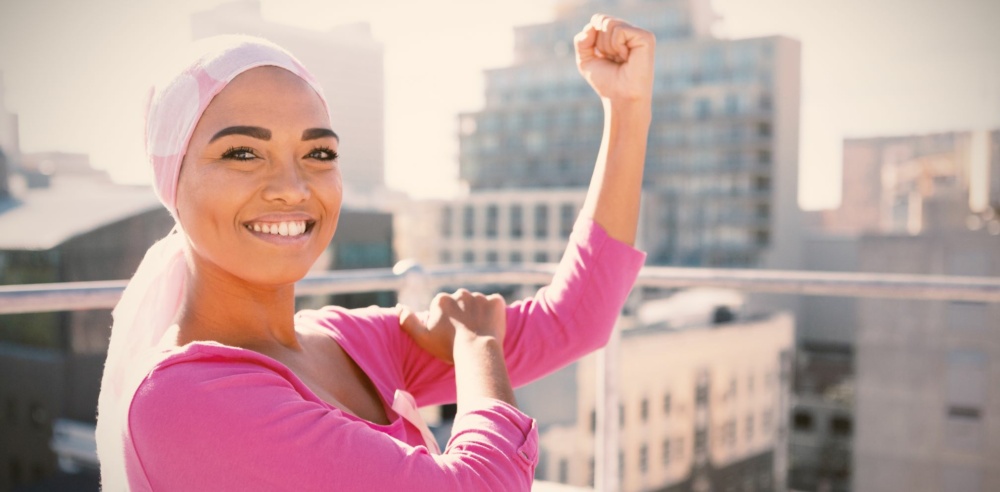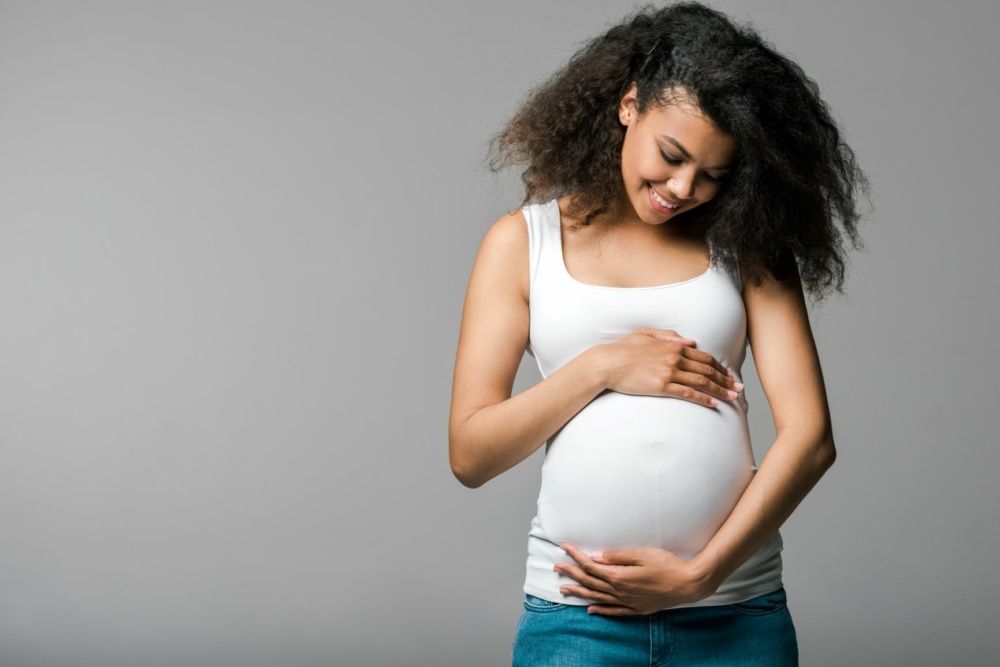Provided By: Dr. Maria Palafox
Breast cancer is the most common type of cancer that affects women. Approximately 12% of women develop the disease at some point in their lives.
If you’re wondering about your risk of getting breast cancer, here’s an important thing to know: Scientists have discovered a variety of risk factors linked to the disease. Some are within your control — for example, physical activity and alcohol intake — but others, such as age, are not.
Dr. Maria Palafox, a highly skilled breast surgeon in San Antonio, Texas, believes you should understand the factors that could play a part in your chances of developing breast cancer. She shares the following checklist of key risk factors for breast cancer.
You are a woman
Although men can get breast cancer too, it’s 100 times more likely to strike women.
You are over age 55
Breast cancer can develop in women of any age, but it’s most common in women over 55.
You have certain genetic mutations
Mutations in certain genes can lead to abnormal cell growth associated with breast cancer. According to the American Cancer Society, women with a BRCA1 or BRCA2 gene mutation have about a 7-in-10 chance of getting breast cancer by age 80. In addition, certain other less common gene mutations are associated with a higher breast cancer risk.
You use hormone-based medications
Hormone-based birth control pills, shots, and implants, as well as some types of menopausal hormone therapy, may raise your breast cancer risk. But that elevated risk may be temporary or may only rise with long-term use. Talk with Dr. Palafox or your OB/GYN to learn more.
You lack sufficient physical activity
There appears to be a link between inactivity after menopause and breast cancer risk, so make sure you try to be active every day.
You are overweight or obese
After menopause, excess weight appears to raise the risk of developing breast cancer.
You drink too much alcohol
According to the American Cancer Society, women who have two to three drinks a day have a 20% higher risk of breast cancer than non-drinkers. Consider cutting back to reduce your risk.
You have a family history of breast cancer
Most women who get breast cancer don’t have it in their families. But according to the American Cancer Society, having a mother, sister, or daughter with breast cancer almost doubles your risk, and having two close relatives with breast cancer triples your risk.
You have a history of certain benign breast conditions
There are many kinds of benign breast conditions. Although some — including certain types of calcifications and simple cysts — have little or no impact on risk, others may make breast cancer more likely to occur. Some kinds of breast implants could also raise your risk. Talk with Dr. Palafox or your OB/GYN to learn more.
You had early periods or late menopause
Because exposure to estrogen has an impact on breast cancer, having your first period before age 12 or going through menopause at age 55 or later slightly increases your risk. That’s because your body is exposed to more estrogen for a longer period of time.
You had chest radiation for other kinds of cancer
Receiving radiation therapy in the chest area for Hodgkin disease, non-Hodgkin lymphoma, or other kinds of cancer before age 40 significantly increases your risk of developing breast cancer.
Learn more about your breast cancer risk
If you are a mother who breastfed your child, there’s good news. Your risk could be lower. Breastfeeding for 18 months to two years could slightly lower your breast cancer risk.
One or more risk factors doesn’t mean you’ll get breast cancer. But it does mean you should keep up with screening and breast health checkups. If you’re experiencing any breast symptoms, such as lumps, nipple discharge, or a change in the look or feel of your breasts or nipples, or if you have questions about your own personal risk of breast cancer, Dr. Palafox can help. Call her San Antonio office today for an appointment.








Recent Comments